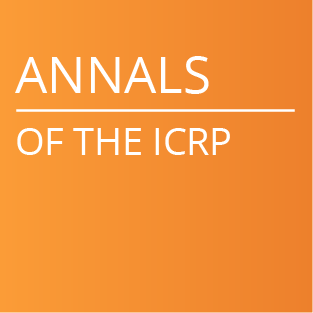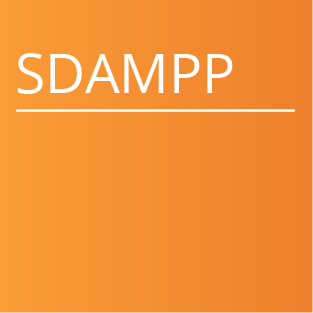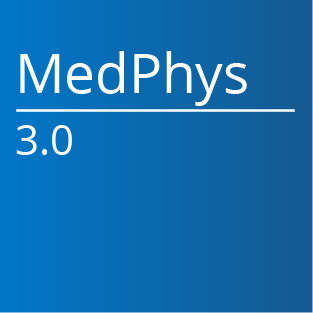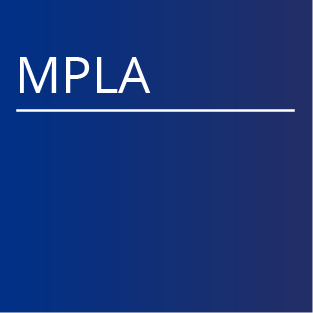Career Advice:
How to use Twitter to enhance your conference experience
Effective use of the popular social media service can help you network and advance your career.
By: Alaina G. Levine
The annual meeting of the National Association of Science Writers, which is held each fall, is one of my favorite conferences. The meeting is full of sessions about the trends, issues, craft, and even business of science writing and communications. The networking is priceless, as the conference draws freelancers, staff reporters and editors, online specialists, public information officers, and science communicators specializing in photography, radio, and videography. People attend from all over the US as well as abroad. Last year’s meeting at MIT sold out with 800 registrants.
One of the cutting-edge features of this meeting is the attendees’ connectedness to social media. We walked around with our mobile phones glued to our hands. Our name tags included our Twitter handles, and we were encouraged to live-tweet talks. In fact, almost every session had its own Twitter hashtag. A person attending one presentation could learn what was happening in another by following the tweets. Attendees got in touch with each other quickly by tweeting correspondence rather than sending emails.
The meeting (hashtag #SciWri15) offers a great lesson in integrating Twitter into the conference experience, which I expect to become standard for future meetings in a variety of disciplines. Attendees optimize their meeting participation, while those who can’t attend can follow the Twitter feeds from afar to stay connected and discover what’s new and innovative in their field.
Now, I recognize that not everyone uses Twitter yet, and not every conference has an “all-tweet” policy. In fact, some of you reading this may not be active on any social media channels. But for social-networking newbies, Twitter can be a terrific tool for easing into the experience of collecting and curating information and interacting with the leaders of your discipline. In fact, Twitter, like many social media platforms, is an essential tool for career advancement and a powerful instrument to achieve your professional goals.
To begin, here are some basic definitions:
- Twitter: A social media platform that allows people to communicate with 140 characters or less. You can tweet (post) a message or a picture or even a video. By default, everything you tweet is public. You can alter your account settings to protect your tweets, in which case you will receive a notification when someone wants to follow you and read your tweets. But privacy, just like on Facebook, is superficial: Anything you tweet, even if it is protected, may end up in the public domain. For new networkers and early-career scientists, I recommend keeping your tweets public so you can build your reputation as a contributor to your discipline and community.
- Twitter feed: The collection of all the tweets from a particular person, event, or organization.
- Follow: The act of subscribing to someone’s Twitter feed.
- Handle: The name under which someone (or an institution or even a product) tweets. All handles are preceded by the @ sign. For example, @PhysicsToday is the handle for this magazine. You can tweet at or to people or organizations by including their handles in the tweet: “Hey @PhysicsToday: you rock!”
- Hashtag: A word or phrase, preceded by a pound sign (#), that identifies messages on a specific issue. People often take note of hashtags and receive notifications when certain hashtags are tweeted. At the science writing conference, I carefully watched any tweet with the #SciWri15 hashtag to make sure I knew what was happening. In another case, I recently tweeted out an event I was holding in #Cambridge. A number of people who had been watching for any mention of Cambridge on Twitter followed me.
You can use Twitter in many different ways for networking, career planning, job searching, and appropriate self-promoting. If you are just launching your Twitter strategy, start by leveraging Twitter to curate content. Find people and organizations to follow. Dedicate a specific time (and time limit!) every day to read tweets associated with your interests and goals. Twitter is so ubiquitous that companies often tweet out job openings, so it is important to follow the right handles for your professional interests.
When your next conference comes around, try using Twitter to actively participate. Start by determining both the conference hashtag and association handle, so that you can tweet strategically and know who and what to follow. People often start tweeting about a conference a week in advance. You may get guidance for planning which sessions to attend, accessing evening mixers, and finding people with whom to have coffee while in attendance.
Also remember that there will be information about the conference shared only on Twitter. For example, at #SciWri15, people tweeted out that they had tickets available for an evening event that had sold out. Only those following the meeting hashtag had the opportunity to snap up the tickets.
One bit of warning: Before tweeting from the conference hall, you should look up the meeting or association policy regarding the use of Twitter. At a recent conference, the association announced that attendees could live-tweet about speakers if the speaker gave permission in advance. Frankly, no one is going to stop you from tweeting, but it is still a good idea to adhere to conference policy as much as possible.
Now that you’re ready to tweet, here are some dos and don’ts for tweeting at conferences:
- Tweet about sessions. If you are participating in a terrific session or listening to a great presentation, tweet about it. Include the conference hashtag and the speaker’s Twitter handle.
- Tweet about logistical information that others will find helpful. At a recent conference in Minneapolis, I noticed a few tweets about using light-rail to get between the airport and the hotel area in the city. As a result, I found easy and cheap transportation to the airport.
- Tweet about networking mixers and related events. Lately I’ve noticed people even using Twitter to advertise certain evening events that are unaffiliated with the sponsoring association.
- Don’t tweet something you overheard two people discussing in a private conversation, and don’t tweet a picture of attendees taken without their knowledge. Be courteous and respectful of privacy. Only tweet information that is public—knowledge you gain from someone’s public presentation or poster.
- Don't tweet misinformation. Check your facts. At one conference I attended, a person launched a tweet dialog about the price of Wi-Fi at the convention center. What this person didn’t realize was that the association had negotiated free Wi-Fi for conference participants. But once she tweeted the incorrect information, it started a tidal wave of nasty comments. The organization suffered unfair negative publicity due to one person who tweeted without checking her facts first.
- Don’t tweet negative information about a person, institution, or organization. Since every tweet you send is public, you want to ensure that each one is positive and won't adversely affect your brand and reputation. If you were to tweet “@Dr.X sucks! Don’t attend his talk! #boring,” others might perceive you as an ad hominem attacker. On the other hand, it would probably be acceptable to tweet out a news article that mentions someone’s work in a critical fashion, as long as it is factually accurate.
- Don't tweet publicly when you want to communicate privately. Instead, use Direct Messages. This is an efficient avenue for communicating with an active tweeter. If you read an attendee’s tweets and want to meet that person, send a Direct Message. I have done this, and it has led to collaborations.
- Don’t let Twitter (or any social media tool) become a time sink. Twitter is meant to enhance your conference experience, not replace it. Don’t use Twitter as an excuse for not going to a networking reception.
You can get a lot more out of your next conference by using Twitter. You will catch events and announcements and discover new people with whom you can network. All the new information and contacts will be priceless for your career.
Alaina G. Levine is a science and engineering writer, career consultant, and professional speaker and comedian. Parts of this column appear in Networking for Nerds (Wiley), Levine’s newly published book on networking strategies for scientists and engineers. She can be reached through her website www.alainalevine.com or on Twitter at @AlainaGLevine.



















